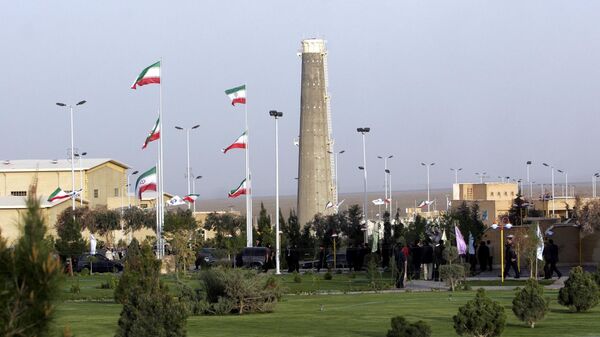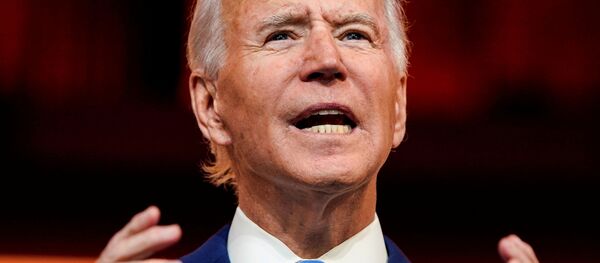Iran's Guardian Council has approved a bill on the "revitalisation" of nuclear activities, which was previously passed by the country's parliament, Fars news agency reported. The new law orders a halt to the implementation of the Additional Protocol of the Non-Proliferation Treaty Safeguards Agreement and thus suspends the inspections carried out by the International Atomic Energy Agency (IAEA). The adopted law will reportedly be transferred to the Iranian government for further implementation.
According to the new piece of legislation, if the remaining signatories to the Joint Comprehensive Plan for Action (JCPOA), also known as the Iran nuclear deal, do not relieve Iran of the burden of the US sanctions and reconnect the country to the global banking system, Tehran will end its compliance with the accord. The country will also stop allowing IAEA inspections at its nuclear sites.
The legislators initially eyed a one-month deadline for the sanctions burden to be relieved, but extended it after an objection from the Guardian Council – a powerful 12-member body that determines whether or not adopted laws violate Iran's constitution. The law was first introduced around seven months ago, but its adoption was significantly hastened by the assassination of Iranian nuclear scientist Professor Mohsen Fakhrizadeh on 27 November, which Tehran has blamed Israel for.
Iran’s President Hassan Rouhani, however, criticised the law, stressing that it would hurt the Islamic Republic's interests.
"The government does not agree with this plan. We believe that it will harm the active diplomatic activities", Rouhani said
Iran to Achieve 20% Enrichment Level
Should the conditions set out in the newly passed law, dubbed "The strategic measure for the removal of sanctions", not be met in time, Iran will drastically increase the volume of uranium fuel produced, as well as its enrichment level. The latter will reach its peak of 20% - a far cry from military grade material, but also far beyond the 3.67% limit set by the JCPOA and the current 4% level adhered to by Tehran. Iran raised its enrichment level beyond the nuclear deal level in May 2019, citing a lack of benefits from following the JCPOA provisions, as the country had been cut off from international economy due to the US sanctions.
In the law, Iranian legislators proposed producing some 120 kilograms of 20%-enriched uranium annually and to boost the monthly output of low-enriched nuclear fuel to 500 kilograms. The lawmakers also obligated the government to renew the utilisation of the new generation of IR-2M and IR-6 centrifuges instead of the first-generation equipment, which is the only type permitted under the JCPOA.






